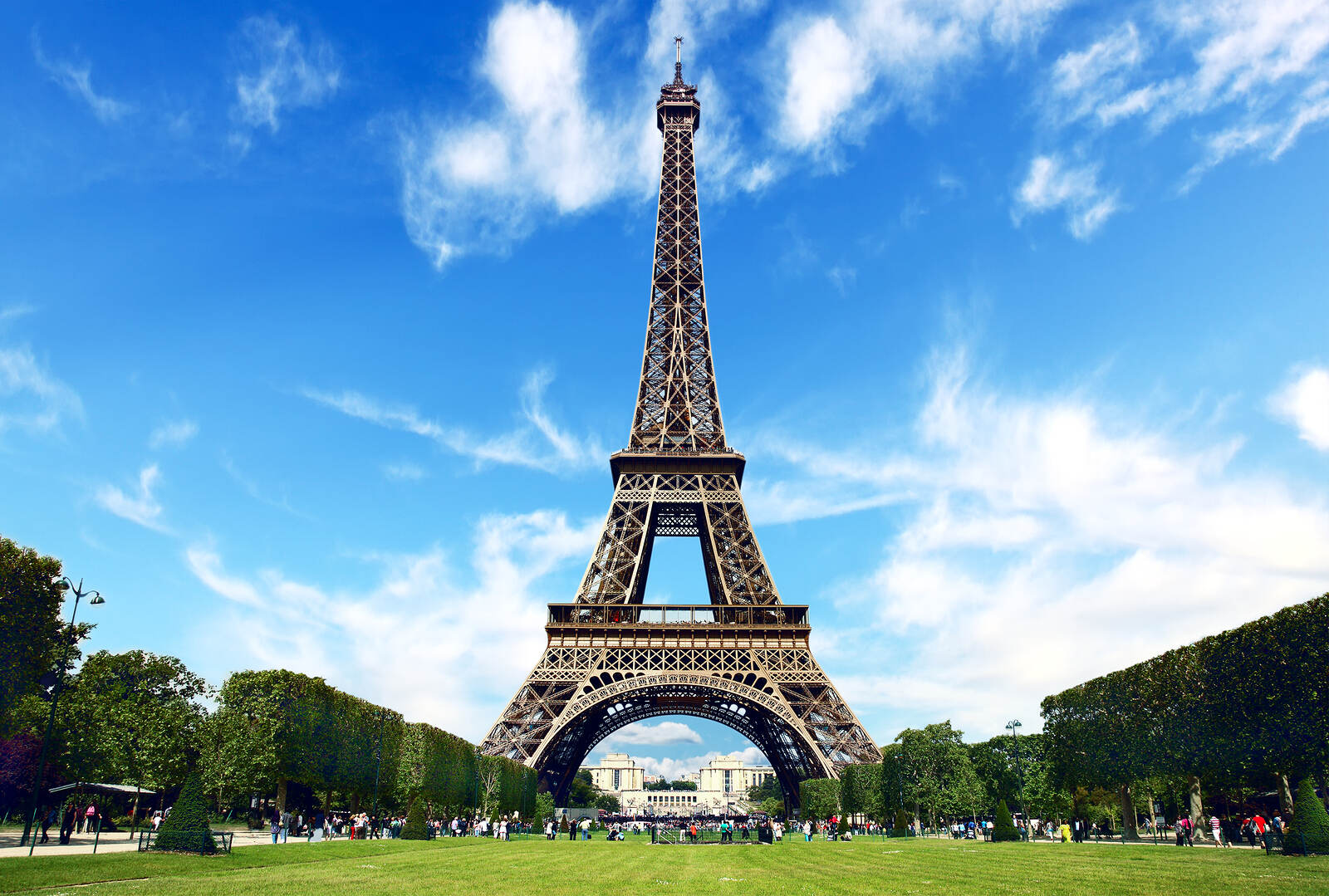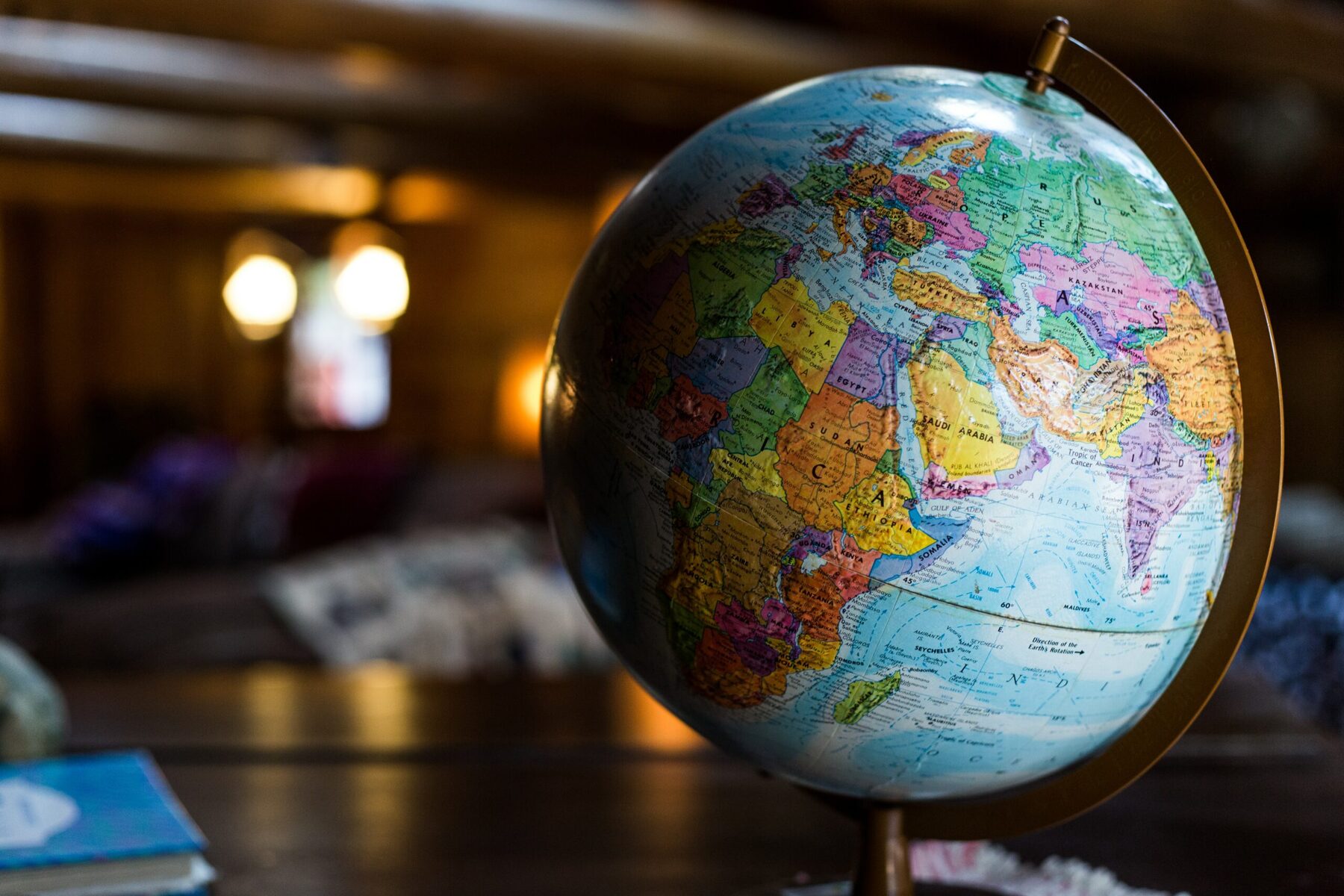
Ever wondered why we celebrate World Heritage Day on April 18th? World Heritage Day is a day dedicated to raising awareness about the importance of preserving various sites around the globe that have significant cultural, historical, or scientific value. This special day encourages us to appreciate and protect these treasures for future generations. From ancient ruins to breathtaking landscapes, each site tells a unique story of our shared human history. So, why do we mark this day on our calendars? To spotlight the collective responsibility we hold in safeguarding our planet's irreplaceable riches. Join us as we uncover 13 fascinating facts about World Heritage Day, shedding light on its significance and how it inspires communities worldwide to come together in preserving our world's wonders.
Key Takeaways:
- World Heritage Day celebrates the importance of protecting our cultural and natural treasures for future generations. It encourages us to visit heritage sites, share their stories on social media, and get involved in conservation efforts.
- UNESCO plays a crucial role in preserving our global heritage by managing the World Heritage List and providing support for conservation. Celebrating World Heritage Day boosts tourism, promotes local economies, and instills pride in communities.
What is World Heritage Day?
World Heritage Day, observed on April 18th, is a global celebration dedicated to recognizing and preserving the diverse cultural and natural heritage around the globe. This day aims to raise awareness about the importance of protecting significant historical sites and cultural traditions that are of outstanding value to humanity. UNESCO (United Nations Educational, Scientific and Cultural Organization) plays a pivotal role in this initiative, encouraging people to celebrate and promote the conservation of these precious sites.
Why Do We Celebrate World Heritage Day?
-
World Heritage Day is celebrated to highlight the importance of preserving both cultural and natural heritage, which includes monuments, landscapes, and traditions passed down through generations. This day serves as a reminder of our shared responsibility to protect our global heritage for future generations.
-
It also aims to encourage local communities and individuals worldwide to recognize the value of their heritage, fostering a sense of pride and belonging. Celebrating this day helps in promoting understanding and respect for diverse cultures and histories.
How Can You Participate in World Heritage Day Celebrations?
-
Participating in World Heritage Day celebrations can be as simple as visiting heritage sites in your area. Many sites offer free admission or special events on this day to encourage public participation.
-
Engaging in educational programs or workshops focused on heritage conservation is another way to get involved. These programs are often organized by museums, cultural institutions, and heritage sites.
-
Social media platforms provide a powerful tool for raising awareness. Sharing photos, stories, and information about heritage sites can inspire others to appreciate and protect these treasures.
UNESCO's Role in World Heritage Day
-
UNESCO plays a crucial role in the celebration of World Heritage Day by coordinating international efforts to protect cultural and natural heritage. This includes managing the World Heritage List, which recognizes sites of outstanding universal value.
-
The organization also provides technical assistance and financial support to countries for the conservation of listed sites. Through education and advocacy, UNESCO aims to build a global movement for heritage preservation.
Impact of World Heritage Day on Local Communities
-
World Heritage Day has a significant impact on local communities by boosting tourism and, as a result, the local economy. Heritage sites attract tourists, creating jobs and promoting local crafts and traditions.
-
It also instills a sense of pride among local residents for their cultural and natural heritage, encouraging community-led conservation efforts. This collective action plays a vital role in the sustainable preservation of heritage sites.
Challenges in Heritage Conservation
-
Despite global efforts, heritage sites face numerous challenges, including environmental threats, urbanization, and conflict. Climate change, in particular, poses a significant risk to both cultural and natural heritage sites.
-
Illegal activities, such as looting and unauthorized construction, also threaten the integrity of many sites. Addressing these challenges requires international cooperation and strong legal frameworks to protect our shared heritage.
The Future of Heritage Conservation
-
The future of heritage conservation lies in innovative technologies and community engagement. Digital documentation, virtual reality tours, and other technological tools offer new ways to preserve and share heritage sites with a global audience.
-
Engaging young people and local communities in conservation efforts is essential for ensuring the long-term protection of our global heritage. Education and awareness-raising activities can inspire a new generation of heritage guardians.
World Heritage Day serves as a vital reminder of the beauty and diversity of our global heritage. It underscores the importance of collective action in preserving these treasures for future generations.
A Final Look at World Heritage Day
Celebrating World Heritage Day isn't just about marking a date on the calendar. It's a call to action, a reminder to preserve and protect the treasures of our world. From ancient ruins to living cities, from artworks to natural wonders, this day highlights the importance of safeguarding our shared heritage. By engaging in activities, spreading awareness, and supporting preservation efforts, everyone can contribute to the cause. Remember, preserving our past is a gift to the future. Let's honor World Heritage Day not just on April 18th but every day, by committing to protect and cherish the diverse and rich heritage that shapes our world. Together, we can ensure that these wonders continue to inspire and educate generations to come.
Frequently Asked Questions
Was this page helpful?
Our commitment to delivering trustworthy and engaging content is at the heart of what we do. Each fact on our site is contributed by real users like you, bringing a wealth of diverse insights and information. To ensure the highest standards of accuracy and reliability, our dedicated editors meticulously review each submission. This process guarantees that the facts we share are not only fascinating but also credible. Trust in our commitment to quality and authenticity as you explore and learn with us.


